Editor’s note: Have something to say about COVID-19? The State Archives and State Library want you to share.
How will history record something so deadly and devastating as the COVID-19 pandemic?
Sure, historians will study the volumes of media coverage, social media posts and other materials to try to put this once-in-a-century event in some kind of perspective.
The California State Archives and State Library are doing their part, too. They want to make sure all interested Californians have a chance to help write this history.
The archives is creating the California COVID-19 Archive, an online oral history collected in real time, as Gov. Gavin Newsom likes to say.
The archive “documents the stories and experiences of Californians during these challenging and uncertain times.” Submissions “will serve as an important contribution to this community memory project and will be a critical primary source so that future generations can better understand how the COVID-19 pandemic impacted Californians.”
I asked the state archives to share a few of the early submissions. They’re depressing, heartbreaking, but also uplifting.
Michelle in Sacramento is pregnant and has to go to all the doctor’s appointments along, “which is scary and feels very unfair to my husband.”
Heather in Newman said she hasn’t been able to visit her husband of 50 years, who is a nursing center.
Tawnia in Antelope said her son was supposed to get married on May 23, but the ceremony got canceled. “Again finding joy regardless,” she writes. “The wedding will still happen. It will be beautiful, just a different day and year.”
Nancy in Shingle Springs is trying to educate and entertain her two fourth-graders. “I was not prepared to home school, though I have adapted, and fairly well, I think,” she writes.
Susan, 65, lives with her 72-year-old husband in Sacramento, and they’re both doing everything possible not to be exposed to COVID-19, mostly staying home and wearing masks and using disinfectant in getting the mail, filling the car with gas and running errands. “We go outside in our yards, as weather permits, just to feel the warmth of the sun and feel the breeze,” she writes.
Given the times in which we live, there are some strong political views.
Jon in Dixon complained: “This lockdown is worse than the virus in so many ways and other countries have done better with out denying their people’s rights.”
But Bobbie said the number of people who “refuse to change at all has really made my family, most of whom are in poor health, feel as though the rest of the people in our community don’t care if others live.”
Jacqueline in Berkeley writes: “Some say that the isolation and lack of personal interaction is the worst part. And it can be very depressing. However, I think being confined in your home with your spouse 24/7 is the WORST! That and the cooking. The endless cooking and cleaning.”
She’s just kidding, right?
Let’s end with an encouraging one.
Andrea in West Sacramento writes that she’s staying strong with online art, dance and yoga classes, and her faith community online. She also says she’s impressed by her local community—with crop swaps, sharing of resources, supporting local businesses. “It has really opened my eyes to how good people really are.”
You can add your perspective by completing an online form.
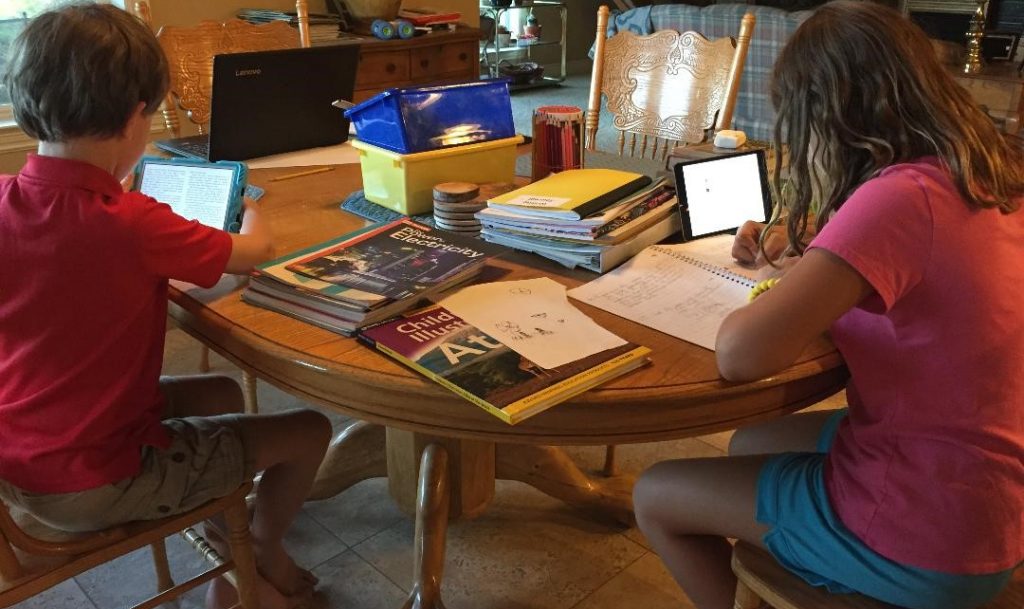
Meanwhile, the State Library is working with local libraries on “California COVID Diaries”—personal observations, experiences and reflections shared in an essay, poem, journal entry, blog post, email string, interview, letter, song, photograph, artwork, video, audio recording, or just about any format.
“Community-based archives like this empower marginalized community members to share perspectives that may not otherwise be recorded,” Greg Lucas, the state librarian, said in a statement announcing the project on June 11.
“One hundred years from now, our understanding of the COVID-19 pandemic will be shaped by the stories that we collect and preserve today. This project will help ensure that the historical record is inclusive of every Californian’s voice.”
You can contribute to this project online, too. The state library is trying to get people from all 58 counties and all 186 public library systems to take part, including through adult literacy and summer reading programs.
A spokesman said the first photos and stories will be shared on social media later this week. In the longer term, submissions will be saved in online exhibits and the library’s digital catalog, allowing people to find specific items.
More locally, the Center for Sacramento History is also seeking personal stories, especially from teachers, students, city and county workers, health care workers, small business owners and residents of historically underserved communities. Here’s that online link.
“We have so much information and avenues to collect coronavirus stories, but we want to make sure this program focuses on Sacramento’s point of view,” Marcia Eymann, the center’s manager, said in a statement Tuesday. “It is the community’s reactions and thoughts that makes it personalized. We want people to share a day in the life so that future generations are able to look back in detail on this time in history.”
I was thrilled to learn of all these projects. I was a history major in college and focused on oral history, which basically meant using a cassette recorder to interview not-so-famous people involved in the 1960s civil rights movement before they passed away and their stories were lost forever. I went into journalism partly because it was very similar, the first draft of history.
Our social media world is much different, of course. But it’s still important and valuable to record the thoughts of everyday people—not just the rich and famous—for posterity.
I encourage you to tell your story of the pandemic.
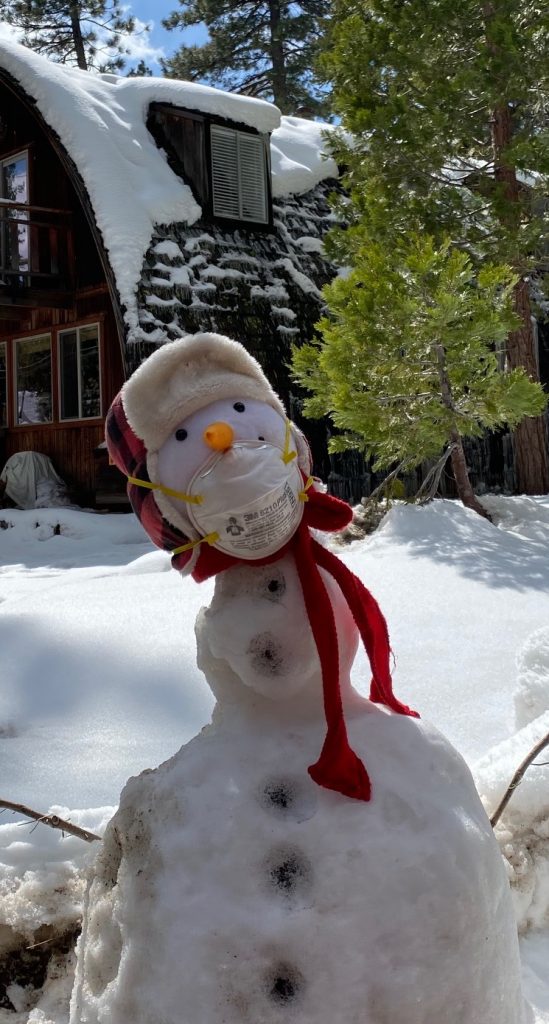

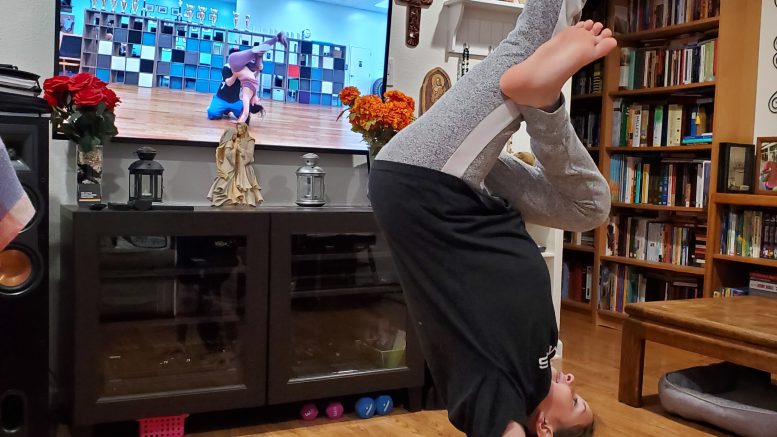
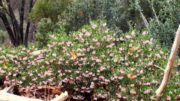
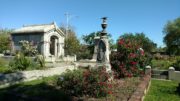

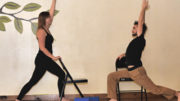
Be the first to comment on "Tales of the pandemic"